‘Feelings are part of your personal sphere. Nobody can make you feel anything toward them. Whatever you feel has nothing to do with their behavior or actions.’ I know you might be a bit shocked by my words now. They’re not what most people say or believe. But bear with me for a little while longer, so I can explain myself, because this is an important gift I’d like to give you.
We grow up learning that others are to be blamed or thanked for our feelings. We spend our lives looking at others in order to decide how to feel. If I feel upset, it’s because X did something to me. If I am happy, it’s because Y made me so. But I disagree with that lesson. I don’t believe that anybody has the power to make us feel anything. I believe that we own our feelings completely. We choose how to feel about events.
When somebody does something, it is in your power to interpret that action as something harmful, neutral or even positive. You take those actions and study them against your previous knowledge and experience. You, very quickly and subconsciously, decide then what they mean. Imagine you have grown to believe that that specific type of behavior is negative, you will feel a negative reaction inside you. But another person whose life experience taught him that the same behavior is positive, would feel a positive reaction inside. It is therefore not the behavior, the action or the event in itself that causes our reactions, but our previous experience and knowledge that determine how we’re going to feel about something.
We’re all born without preconceptions. If a baby receives only abuse, he might grow up seeking abuse as a form of affection, which is an extreme illustration of the process.
We’re taught how to feel: ‘this is good, that is bad.’ We then feel whatever it is that we learned to feel. When somebody does something that should make us feel a certain way, we make them responsible for our feelings; we “blame” them when, in reality, it is us interpreting their actions that triggers our feelings. The same action can make us feel good today but bad 10 years from know, if our life experience teaches us a different perspective. Look back if you want to see what I mean. Isn’t there anything that you used to consider “bad” or “negative” that you find somehow “good” or “positive” today?
I encourage you to take control of your own feelings. They only belong to you. Nobody has any power over them.
Imagine that somebody slaps you. It is your choice how you interpret it. We’re taught to think something like “that person hurt me.” What I propose, instead, is that you start interpreting events more along the lines of… “I feel… by that person’s action.” It is you who feels; it is you who interprets; it is your decision. Take the power away from others. That power is yours, only yours.
‘But bad is bad,’ you might tell me. And this is my gift to you. Whatever others do, it is for you to take it an such a way that you feel empowered. Even if you think that a certain action is bad, you might choose to take it as a lesson or as a trigger to do something instead of just choosing to feel hurt or damaged. Take responsibility for your feelings, owe them completely, and you will have control of a great part of your life.
Enjoy life, ALL of it,
Jessica J. Lockhart – humanology
www.jessicajlockhart.com

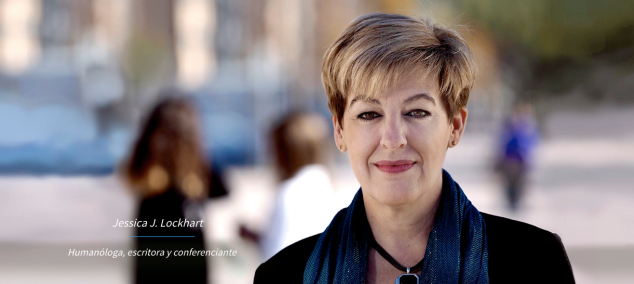
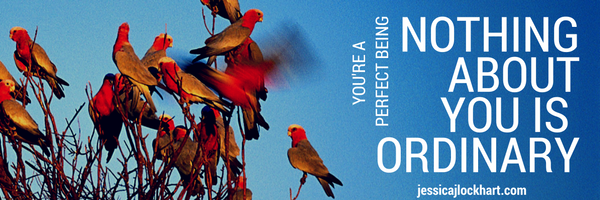



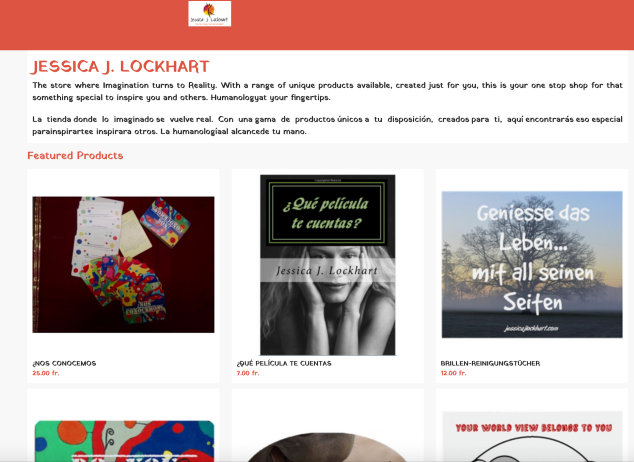
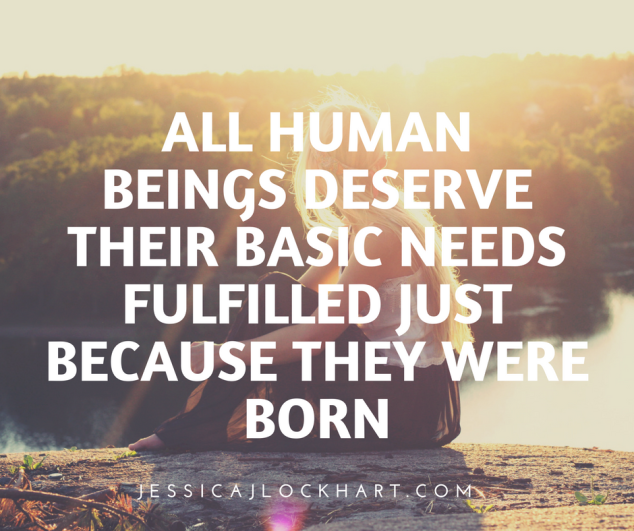
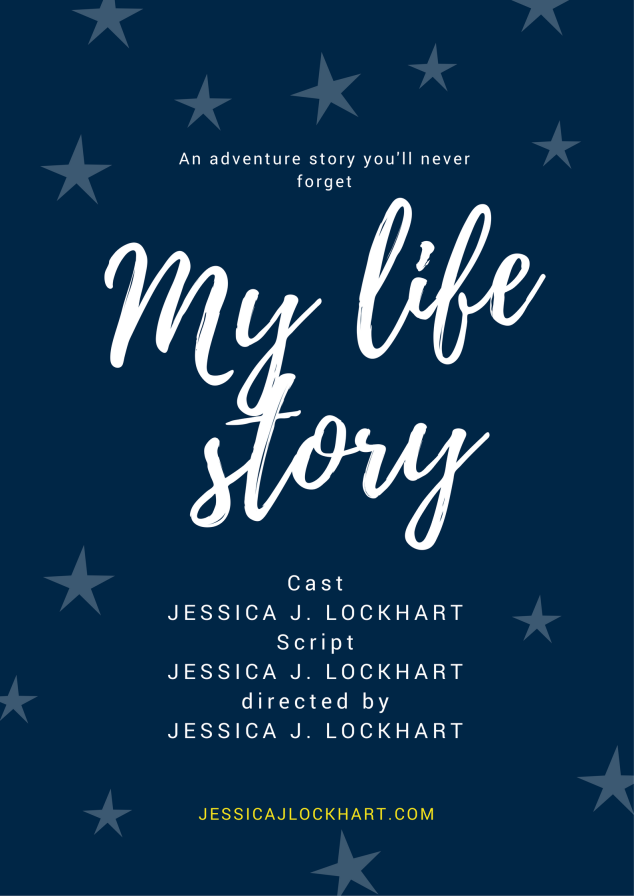
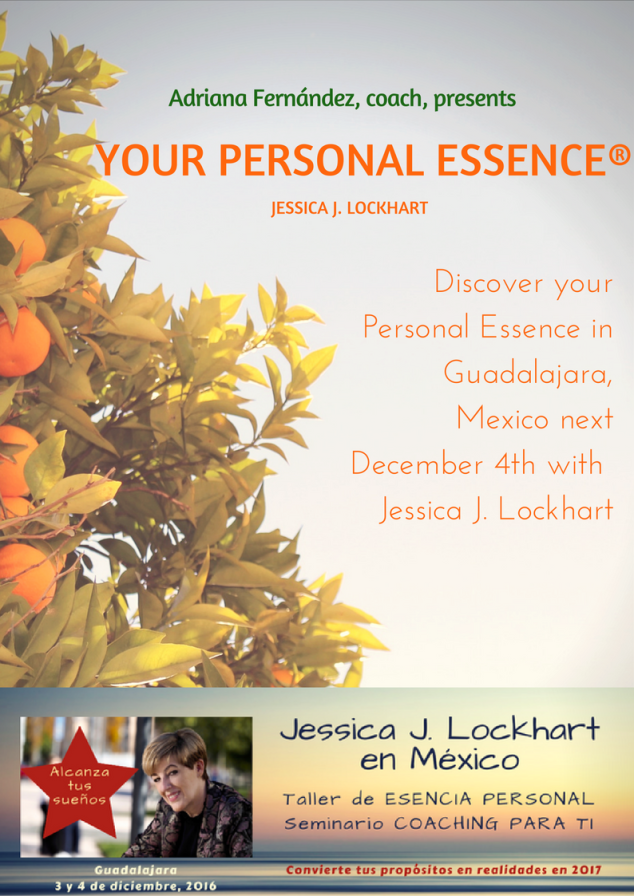
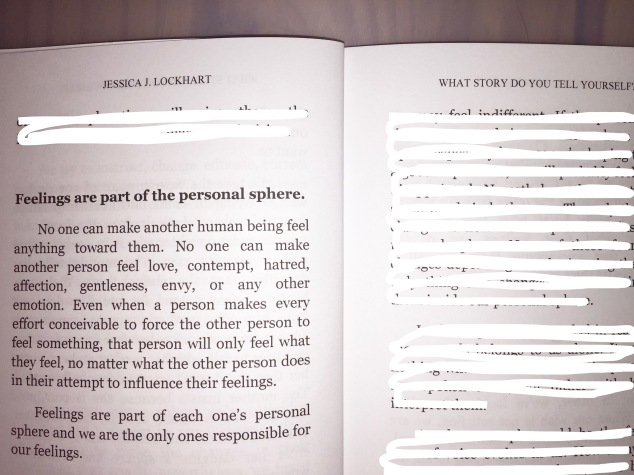
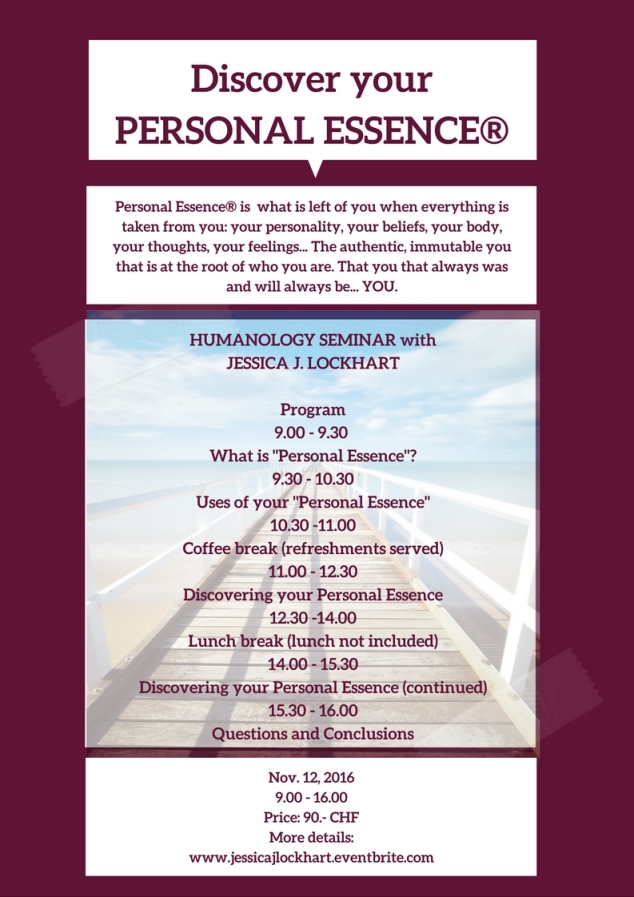
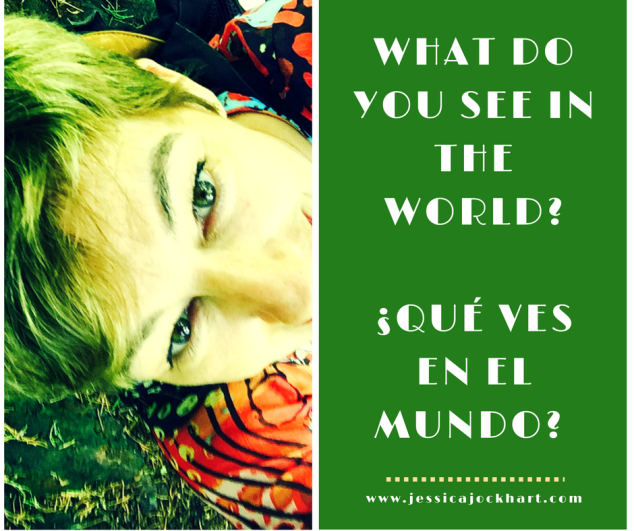
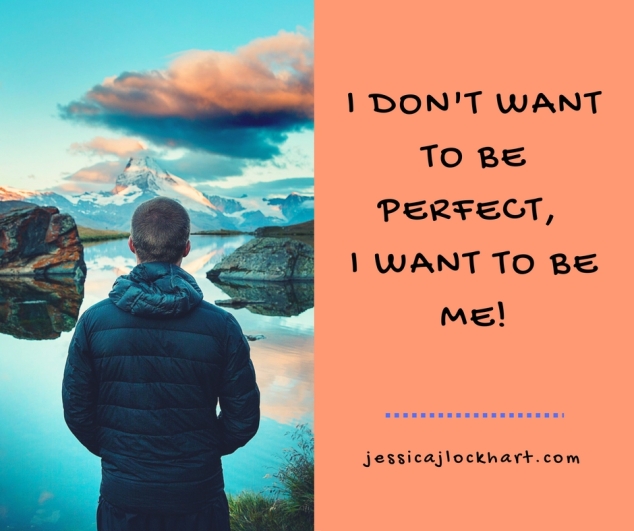
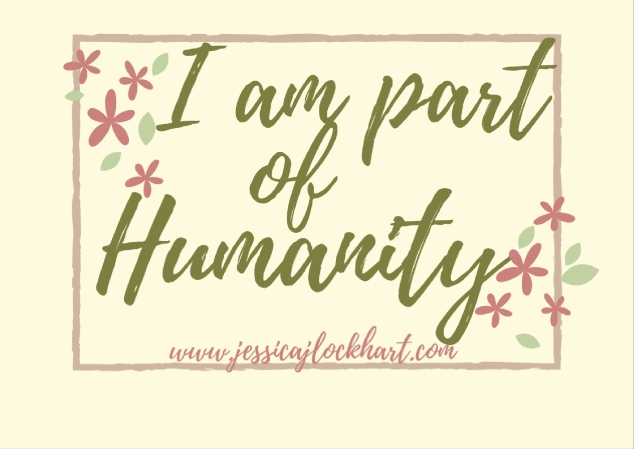




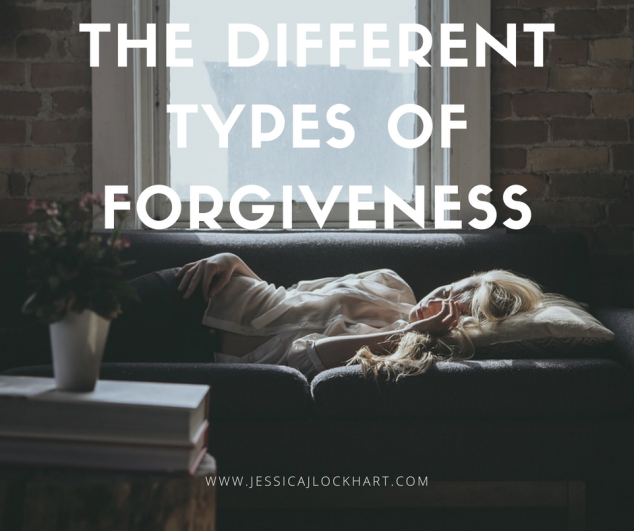 We’ve all forgiven somebody for something. At least in our minds. But have we truly forgiven them in our hearts? In our very cells?
We’ve all forgiven somebody for something. At least in our minds. But have we truly forgiven them in our hearts? In our very cells?





